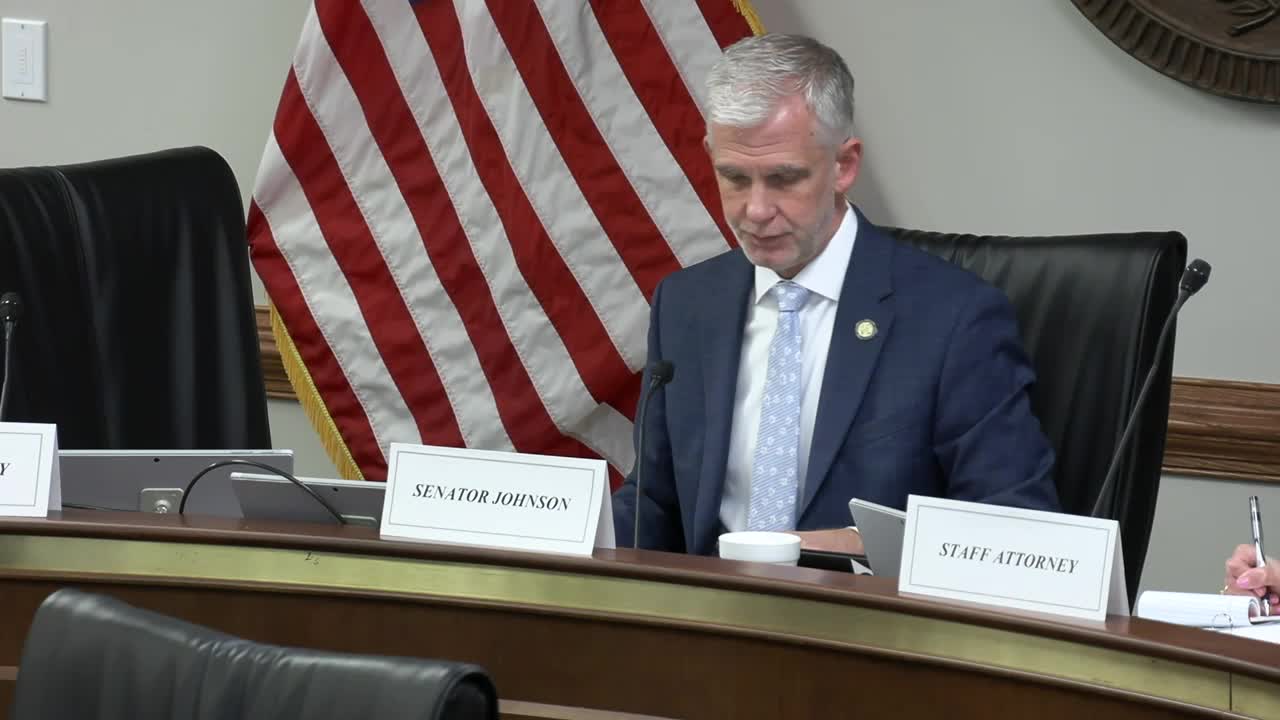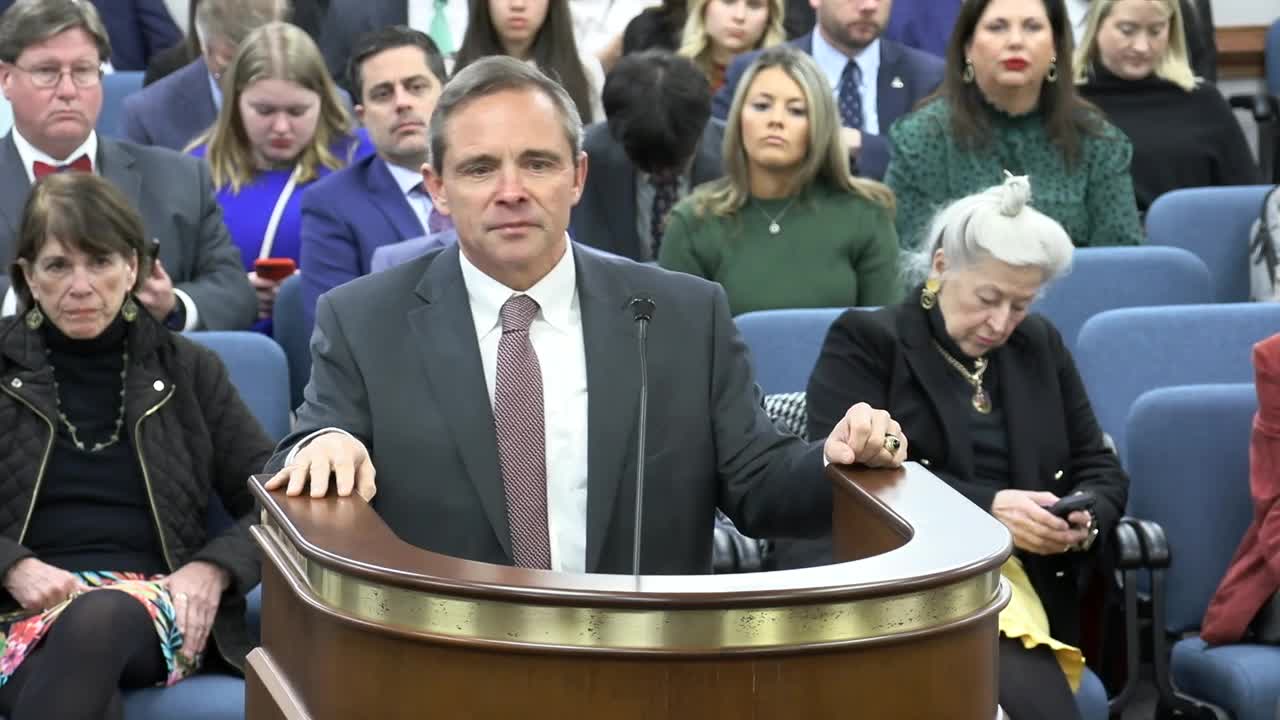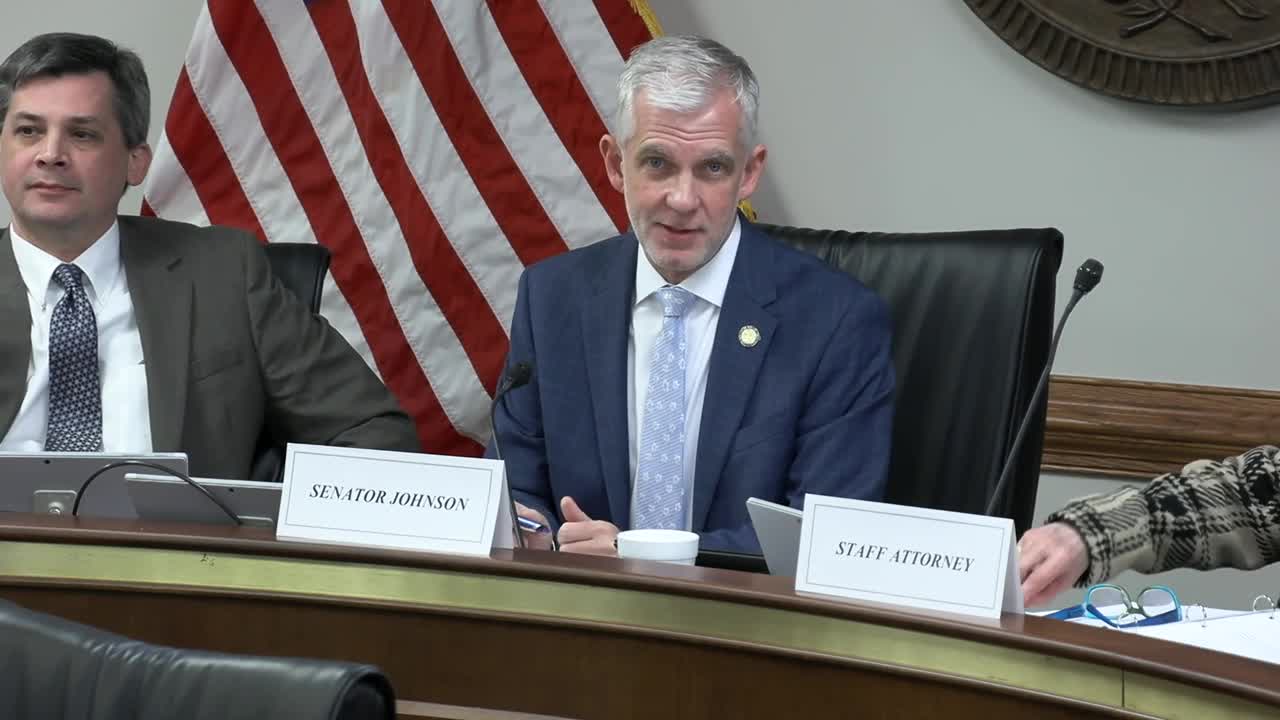Article not found
This article is no longer available. But don't worry—we've gathered other articles that discuss the same topic.

Panel weighs whether uninsured/underinsured motorist policies must cover punitive awards

Senate subcommittee debates narrowing 'occurrence' definition and tightening non-economic damage exception in medical-malpractice bill

